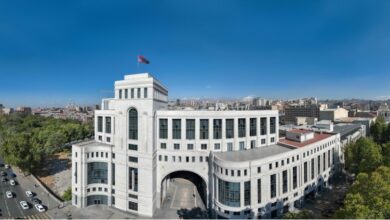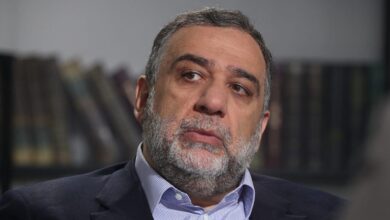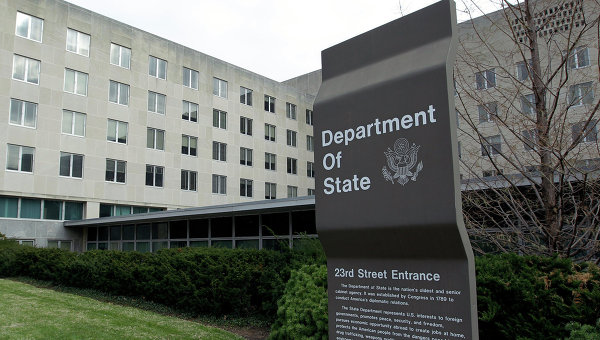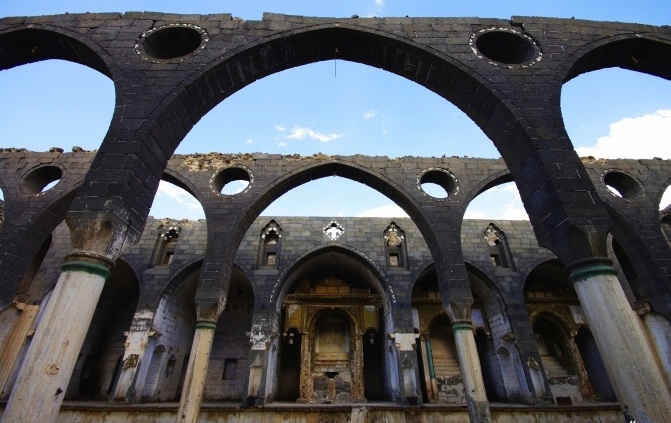
The bell tower of Sourp Giragos Armenian Church in was opened Sunday and, after decades of silence, the bell tolled once again for Armenians.
Acting Patriarch Archbishop Aram Ateshyan, who is originally from Diyarbakir/Tigranakert, presided over the opening ceremony, which was attended by hundreds of Armenians from Turkey and abroad, the Armenian Weekly reports.
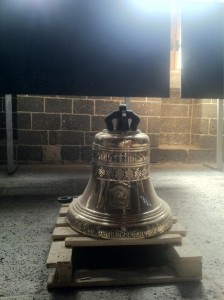
The Sourp Giragos Foundation of the Patriarchate began the renovation of the church in 2009, and the church opened for worship in October 2011. Due to a lack of funding, however, the bell tower was not rebuilt.
At the opening ceremony of the bell tower, the head of the Sourp Giragos Foundation, Ergun Ayik, said, “This church was once a beautiful, living proof of the Armenian population density in this city. Its architecture stands as testament to how advanced Armenian civilization was.”
He added, “Our ancestors bequeathed this church to us, yet for known reason, we weren’t able to claim ownership of this heritage. The renovation marked the beginning of the process of assuming this ownership.”
The director of Aras Publishing House, Mgrditch Margosyan, in turn, recounted how 12 years ago, at a symposium on the protection ofDiyarbakir’s cultural and historical heritage, speakers were only discussing fortresses and mosques. “When my turn came to speak, I brought up the issue of the churches. I suppose such messages eventually rang a bell.”
With the moral and financial support of Diyarbakir Mayor Osman Baydemir, the renovation of the church was completed, and, once more, after decades of silence, the sound of the church bell was heard in Diyarbakir side by side with the calls to prayer from the city’s mosques.
Built in 1376, Sourp Giragos is the largest Armenian Church in the Middle East. During the Armenian Genocide, the bell tower was demolished under the pretext that it was higher than the minarets of the mosques in the city, and the church itself was used as storage space for confiscated Armenian property. After World War I, Sumerbank (a state-owned bank) used the church as storage space.


